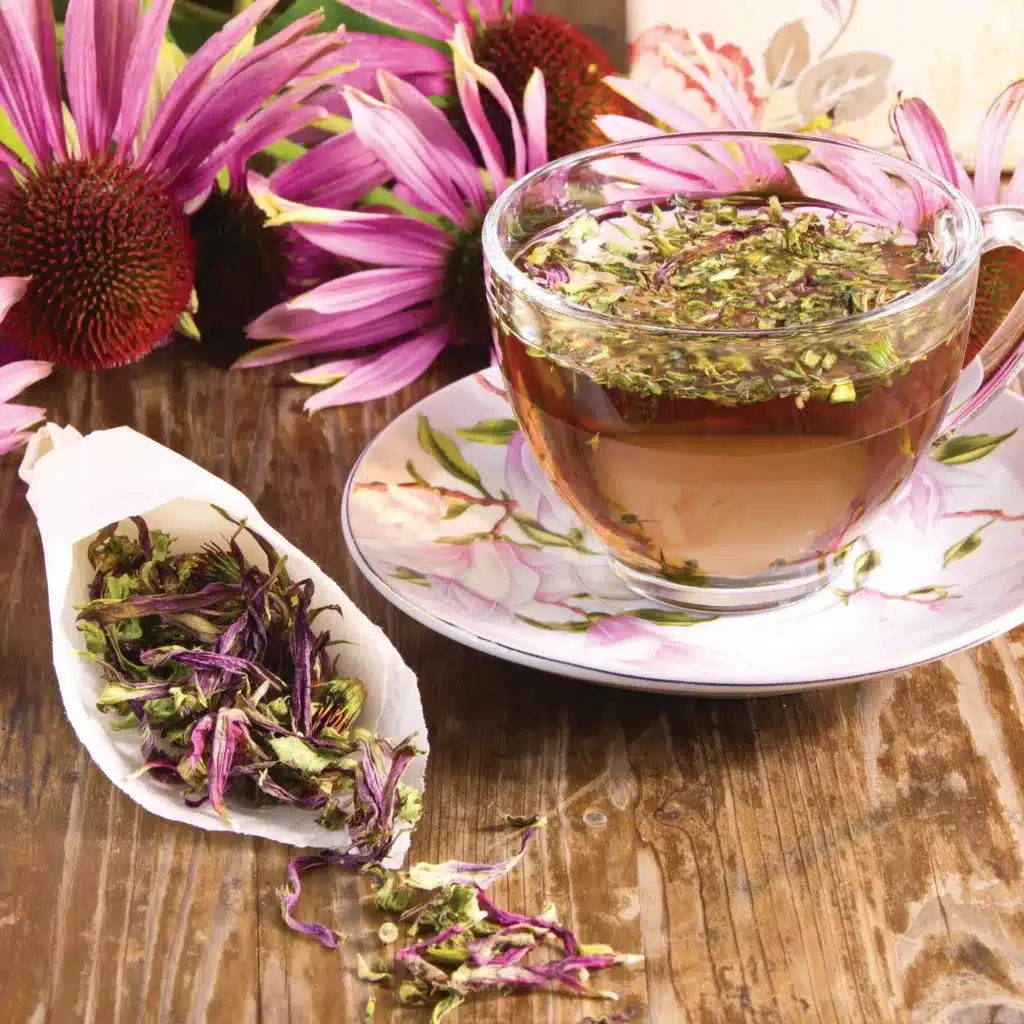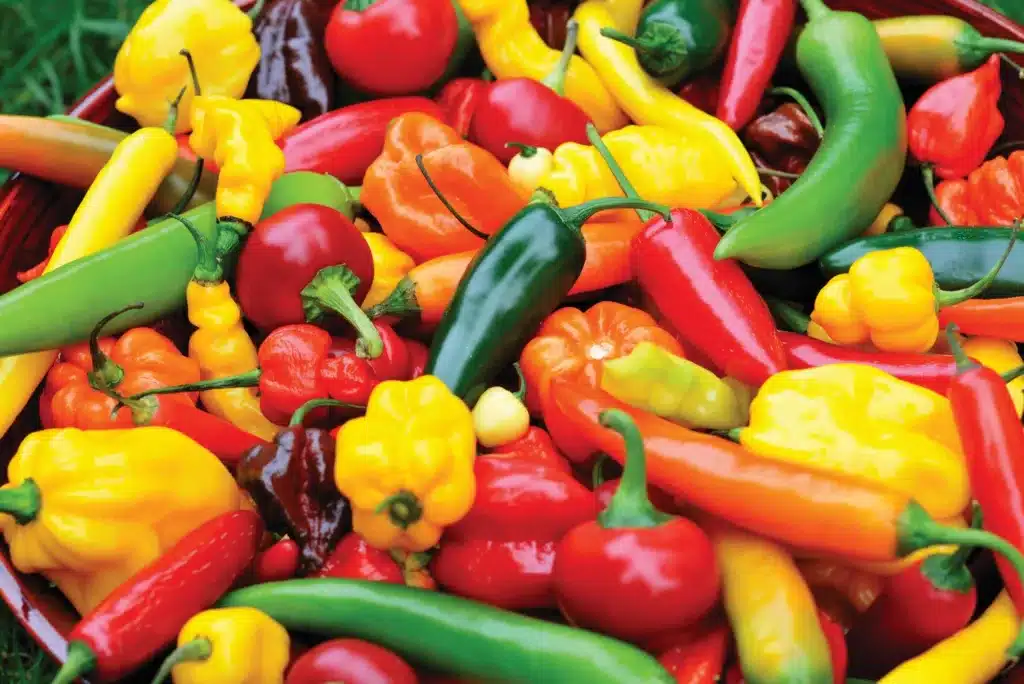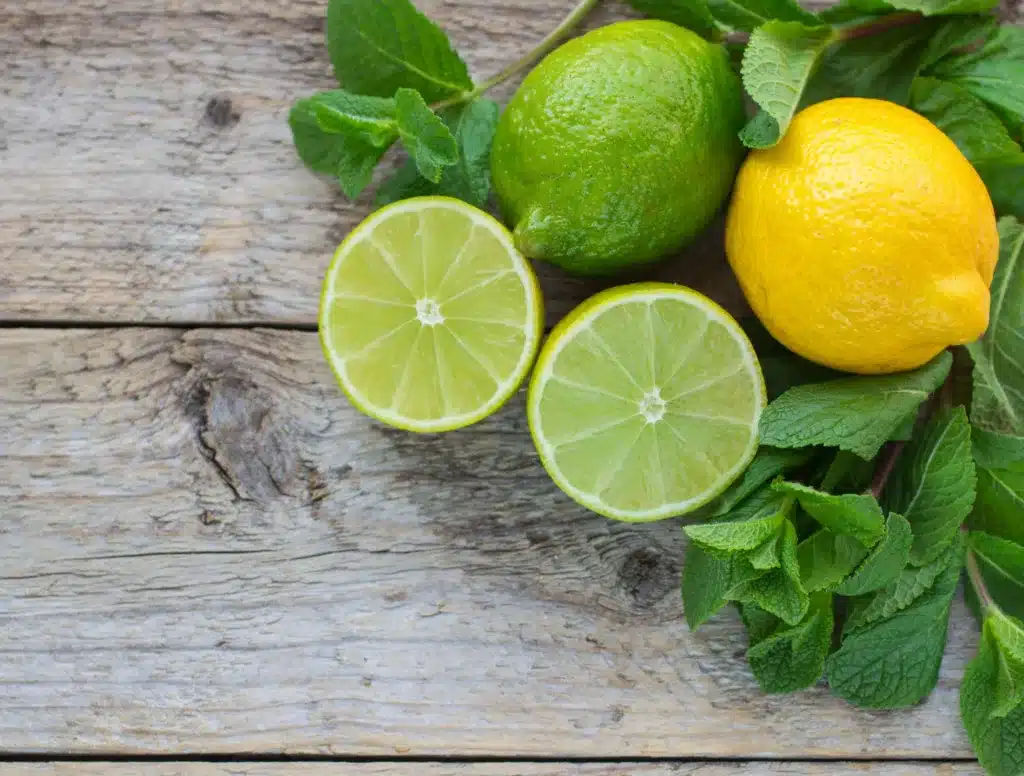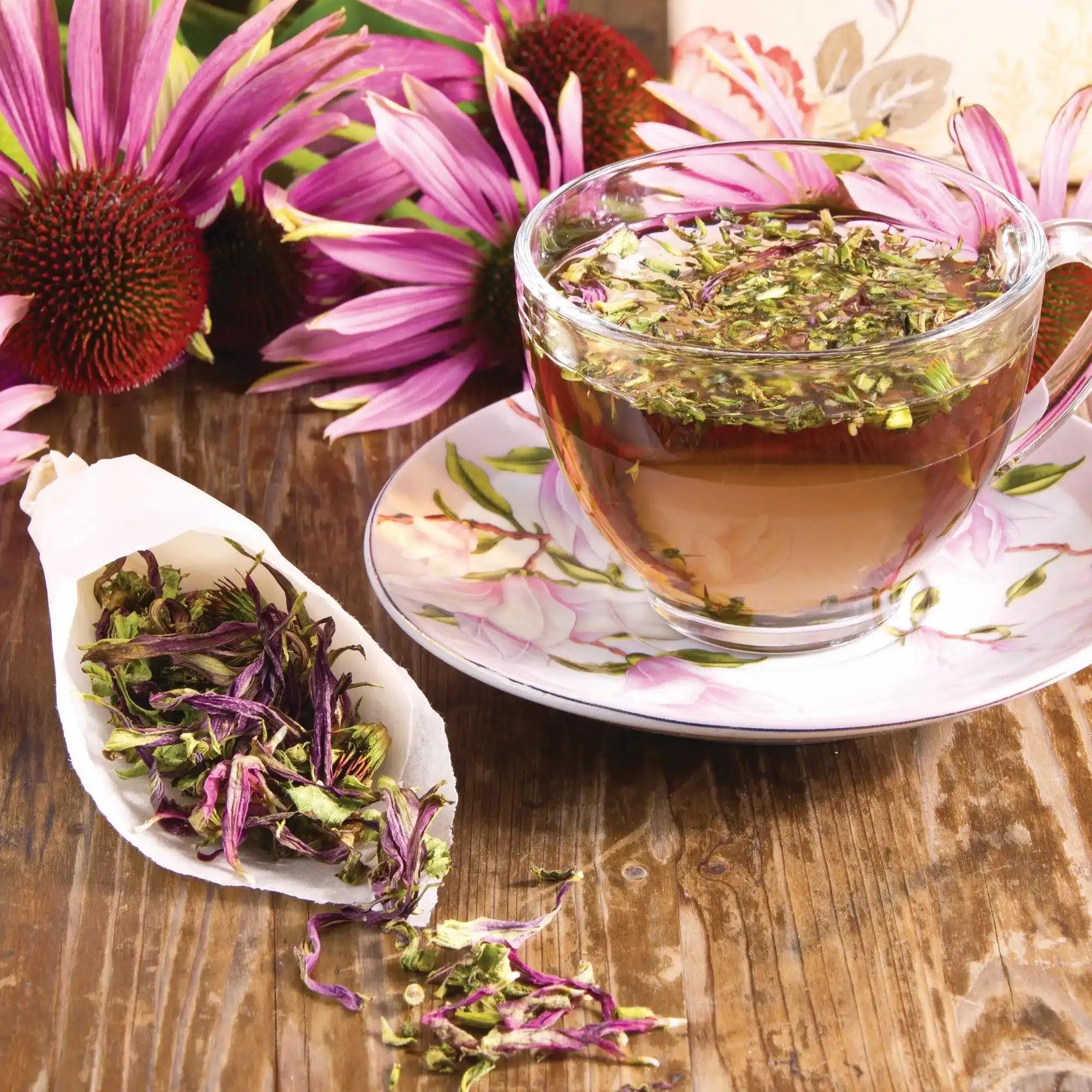Top tips from Ceres Health Store in Worthing on how to tackle the common cold this winter
The common cold is quite possibly the UK’s most common illness with statistics showing that most adults experience on average two to four colds a year, and children more still. Colds and flu are caused by viruses and since there are over 200 of these in existence, it’s easy to see why we get so many. They are also very easily spread, as we know only too well.

Many spread from person to person through nasal droplets secreted during coughing and sneezing. You have to be standing less than one metre away from someone to be infected by a sneeze. The virus attacks the lining of the nose, throat and sinuses, which swell and produce increased amounts of mucus and fluids. Typically, symptoms tend to include blocked sinuses, a runny nose, sore throat, coughing and sneezing, as well as a general feeling of being unwell.
If you’re looking to support your immune health this winter, there are several remedies that can help to keep your average cold and flu at bay.

Perhaps one of the most effective and well-researched is Echinacea. A powerful immune-supportive herb, it works by improving the way the immune system responds to bugs, especially the common cold. In one report researchers found that Echinacea purpurea can more than halve the risk of catching a cold and, if you’ve already caught a cold, reduce its duration by a day and a half.
When using Echinacea, it is important to make sure both parts of the plant are used. The root of the plant has been found to be strongly anti-inflammatory, whilst the aerial part demonstrates antiviral activity. Also check for one that is made with fresh extracts of Echinacea purpurea (as opposed to dried), which means its activity is greater than that found in dried extracts.

Specific vitamins and minerals can also lend support. Vitamin C is of course widely documented for its immune system potential; viruses find it hard to survive in a vitamin C-rich environment. Food sources include peppers, watercress, cabbage, broccoli, cauliflower, strawberries, lemons, kiwi fruit, melon and tomatoes. Vitamin C supplements can also be effective, although the body cannot actually absorb much more than around 60mg at one time, so lower doses several times a day are often more effective.
Vitamin D is also important for immune health, as is the mineral zinc. Egg yolks, soy milk and cereals are good sources of vitamin D and pumpkin seeds, cashews and chickpeas are great for getting your fix of zinc. Alternatively, Immune Support from A.Vogel combines all three, including a vegan source of vitamin D, and the edible flower Nasturtium, in itself a source of vitamin C.
For nasal congestion and catarrh, you could try Po-Ho Oil. A combination of natural essential oils, including Po-Ho (Mandarin for Peppermint) Eucalyptus, Juniper, Caraway and Fennel, Po-Ho Oil can be inhaled as a vapour when diluted in a bowl of hot water. Use very sparingly, one drop is plenty, or put one or two drops onto a hankie and place under your pillow at night. Wash hands thoroughly after use.

In addition to herbal remedies, you’ll want to make sure your diet is as healthy as possible. Good immune-supportive foods include garlic, onions, olives, beetroot, peppers, apples, nuts, seeds, tofu, miso, lemon, lime, honey, blueberries… you know the drill, but generally lots of colourful ingredients.
Friendly bacteria and good intestinal health are also important. When you are first exposed to a virus, your immune system uses antibodies to bind to the virus in the respiratory and digestive tracts. These antibodies work to prevent the virus from entering the body further, and also identify it to be destroyed.

Roughly 70% of your active immune cells are found in your gut, and they don’t work very well without the ‘good bacteria’ that live there. Think of them as your very own internal defence force. Live, natural yoghurt is a good food source, and if you’re supplementing with a probiotic aim for 5-25 billion friendly bacteria daily. Try Molkosan Fruit Digestion for some extra digestive benefit.
Finally, practice good hygiene. The single most important precaution you can take to prevent the spread of colds and flu is to wash your hands. Rub your hands thoroughly with soap and warm water for at least 20 seconds, which is the length of time it takes to recite the alphabet or to sing ‘Happy Birthday’ twice.
For further advice pop in to see the team at Ceres Health Food Store, 29 Goring Rd, Worthing BN12 4AR or call 01903 242023





